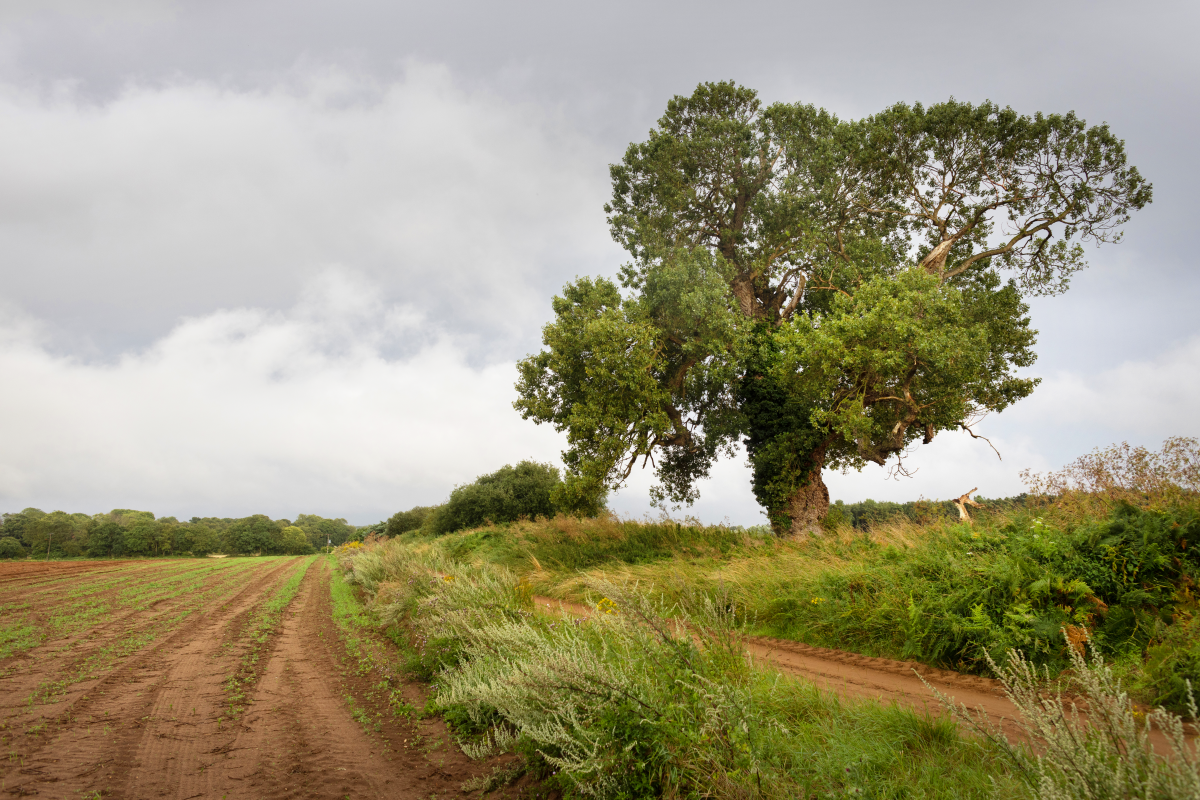My TL;DR:
Native black poplars were once common across the country. But many of its waterlogged habitats have since been drained and few native specimens were planted after the 19th century. Whenever landowners did plant native specimens, they favoured males that came without the cotton-like seed fluff produced by female flowers. Opportunities for wild specimens to reproduce naturally are consequently rare.
Black poplars are easy to multiply through taking cuttings. It’s an effective way to preserve a specific local population. But it also means the same clones now proliferate everywhere, since cuttings create exact genetic copies.
In 2018, a team of scientists published findings from DNA analyses of 811 samples of native black poplars, sent in by landowners over more than a decade. Among them, they identified only 87 genetically distinct clones, or genotypes.
That can be a problem because it leaves the species more vulnerable to disease and other threats. To make them more resilient, new trees would ideally be grown from seed, not cuttings. But because cross-pollination of black poplars now rarely occurs in nature, seeds can be hard to come by.
This conundrum has spurred a passionate effort to provide what nature cannot. Earlier this year, Zeke Marshall, a Forest Research scientist, took cuttings from a female tree in Darlington and a male one in Durham.
Once the branches flowered, he used a small paint brush to transfer the male pollen to the female flowers. He managed to harvest 205 seeds and sent most of them to Kew, where Chris Jenkins, nursery manager at the Royal Botanic Gardens, has grown about 30 seedlings. Each one is crucially a genetically distinct mix of its two parent trees.
Cottrell, the head of genetics at Forest Research, says Marshall and Jenkins’ work could be crucial. By creating new genotypes, this would eventually provide a wider spectrum of specimens for natural selection to take hold – which is particularly important in an era of both worsening climate change and increasing threats from introduced pests and diseases.


